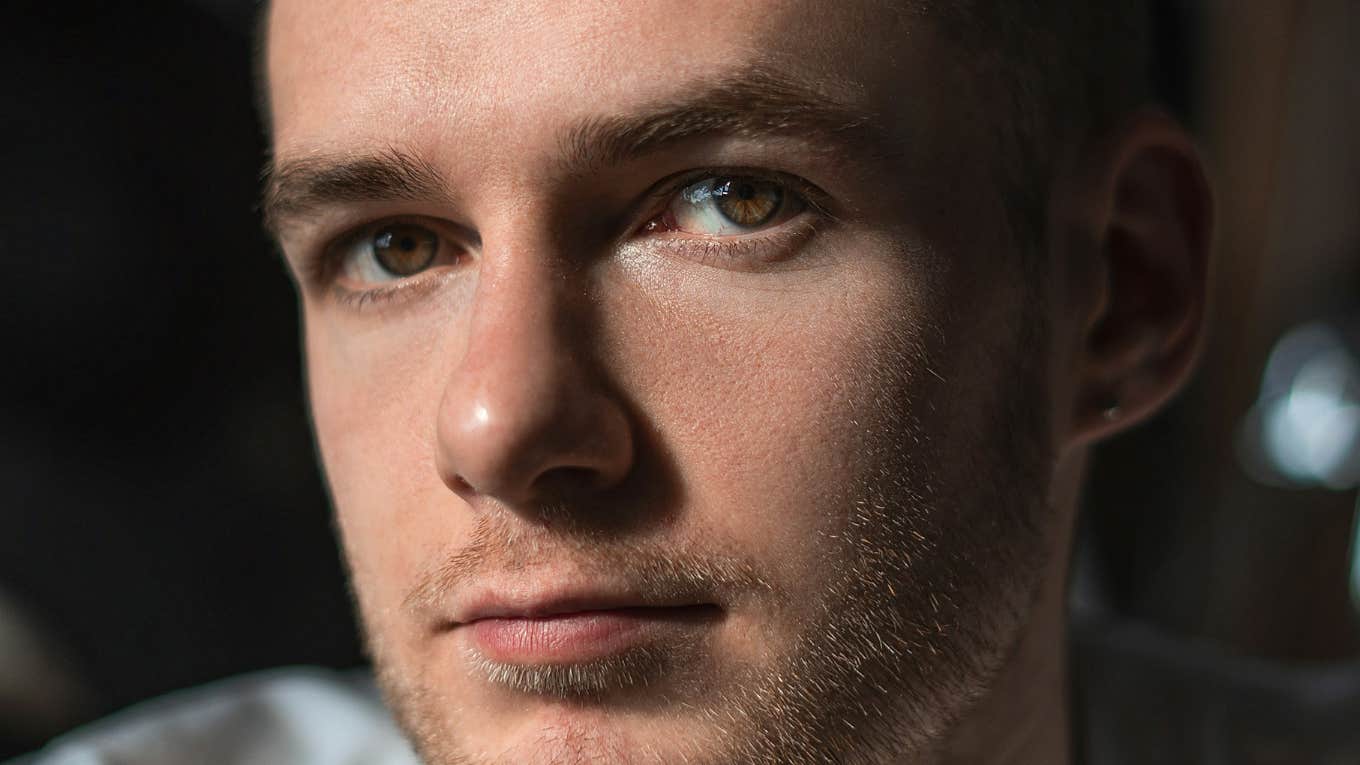5 Painful Realizations About Our Parents That Only Hit After We Become Adults
Growing up changes the way we see everything.
 Ihor | Unsplash
Ihor | Unsplash Parenting is a tough job. You do the best that you can with the knowledge that was either passed down from your own parents or gained over time from your life experiences.
Still, you don’t know what you don’t know, and as we learn more about the mental and emotional well-being of our children, it’s easy to look back on the way we were parented and find things we would have done much differently.
Maybe your parents were emotionally unavailable or spent too much time at work, sacrificing their familial connections. Or maybe they subscribed to archaic views like “Children should be seen and not heard” or “Spare the rod, spoil the child.” We asked family and relationship experts to share the five biggest ‘mistakes’ our parents made that we only notice once we, ourselves, become adults.
Here are 5 painful realizations about our parents that only hit after we become adults:
1. Once we have our own kids, their parenting errors become much more obvious
When we grow up and have our own families, we start to identify things that our parents did that we would not do with our own children.
Research from the Pew Research Center found that 44% of U.S. parents say they're trying to raise their children differently from how they were raised, revealing how parenthood often triggers a critical reassessment of our own upbringing. When individuals are confronted with decisions about the type of parents they aspire to be, they often ponder whether they identify any areas for improvement in their own upbringing.
2. We realize they didn't give us the support we needed
 fizkes / Shutterstock
fizkes / Shutterstock
We start to see ‘support’ gaps — times when we could have used our parents emotionally or for any other reason, and they didn’t show up for us. As we mature, we often recognize the gaps in the support we received growing up.
Licensed psychologist Dr. Jonice Webb, who specializes in childhood emotional neglect, explains that even well-meaning parents can fall short in critical ways. "Childhood emotional neglect happens when your parents, even if they loved and cared about you, failed to validate your emotions enough while they were raising you," she notes.
3. We realize they never modeled healthy adulthood
As we analyze ourselves and our own shortcomings, we see things that we had to learn on our own because they were never modeled for us
— Dr. Gloria Brame, Therapist, Ph.D. in Human Intimacy
Children whose parents serve as positive role models are more likely to repeat the healthy behaviors they observe. Research has established that adolescents with identifiable role models receive higher grades, demonstrate higher self-esteem, and report stronger identity formation than their counterparts who lack role models.
4. We realize their inability to own their mistakes
 Utoimage / Shutterstock
Utoimage / Shutterstock
The rigidity in believing their perspective is the only "right" one. Not following their own maxim, ‘Do as I say, not as I do.’”
— Leeza Carlone Steindorf, Relationship Coach, Forbes Executive Coach
Trauma therapist Yolanda Renteria explains that when parents try to be perfect and can't admit their mistakes, adult children become unable to communicate how their parents hurt them because they fear the defensive response. This defensiveness prevents genuine connection and healing, leaving adult children to process the painful realization that their parents may never take responsibility for the ways they fell short.
5. We realize how work often came first for them
"Blessed by caring, smart, generous parents, the major flaw I notice is their unremitting attention to a variety of constant work and projects. Their high standards remain in my mind and often in my actions. But their quality of life would have benefited from flexibility with a related sense of humor, fun, and playfulness. Serving others sometimes took oxygen from looking after their own needs.”
— Ruth Schimel, Ph.D., Career & Life Consultant
Adult children of workaholics often describe their workaholic parents as "not being there, even when they are physically present," likely because the parents are distracted by thoughts of work. Research on perfectionism transmission shows that when parents model excessively high standards and relentless achievement, children learn that nothing they do will ever be good enough, internalizing these expectations and developing maladaptive perfectionism.
Hindsight is always 20/20, and it’s easy to pick our parents’ child-rearing skills apart. Things change as the years pass. What might have been considered an ‘ideal’ way to parent before might be shocking and appalling now. ‘Tough love’ was commonplace during my childhood, but when it comes to how I choose to raise my children, my style might be described as ‘gentle parenting’.
Every person on the planet is unique and different, with their own life experiences and beliefs, so what one person might see as a “flaw” could be considered ‘perfect parenting’ by someone else.
Most parents (barring those who are abusive) are doing the best that they can with the information they have. If you were lucky enough to have parents who loved you, protected you, kept a roof over your head, food on the table, and clothes on your back, consider yourself blessed and show them grace.
NyRee Ausler is a writer from Seattle, Washington, and the author of seven books. She focuses on lifestyle and human interest stories that deliver informative and actionable guidance on interpersonal relationships, enlightenment, and self-discovery.

